-

Coalescing Filter -

Filter Media -

Filtering Systems -

Filtration Equipment -

Oil Filtration -

Water Filtering Systems
Water Filtering Systems
Water filtration can also be necessary in some industrial processes such as wet sandblast media reclamation.
Water filtering is a very important process. In developed economies, industrial water filtering takes place on very large scales in order to provide populations with sufficient quantities of safe drinking water. That water is also used for other purposes such as dish and clothes washing, both of which purposes require access to a source of water that meets a certain standard of cleanliness. In developing economies, small scale water filtration efforts are also essential to public health and well-being.
Access to clean water is a major source of contention worldwide, which makes effective water filtration technologies very important. There are several different methods of filtering water. Each method offers different advantages, and each method is more appropriate in some circumstances than in others.
Electrodialysis (ED), for instance, uses membranes to desalinate or electrically concentrate solutions by allowing passage of either the positively or negatively charged ions, into which the salt was dissociated, while excluding the passage of ions of opposite charge. The membranes and other active surfaces have a tendency to become fouled or scaled.
Electrodialysis reversal (EDR), on the other hand, deals with this problem by reversing the electrical current and exchanging the fresh product water and the concentrate wastewater streams within the membrane stack many times per hour. This process removes the fouling and scaling constituents from one cycle to the next. Reverse osmosis (RO) is a cost-effective pretreatment for ion-exchange demineralization that unloads 95-99 percent of dissolved salts, TOC and silica from the water supply.
RO is a multi-stage process in which cylindrical pressure vessels house interconnected cellophane-like membrane elements with hole sizes of less than .0002 microns, through which incoming dirty water is forced. Other common water filtering methods include electrodeionization (EDI) and ultrafiltration (UF). Water filtering systems are necessary to purify contaminated or unclean water. Water filtration is common in the wastewater/sewage treatment, food and beverage processing, automotive/trucking, agricultural, pharmaceutical, chemical, mining, and pulp and paper industries.
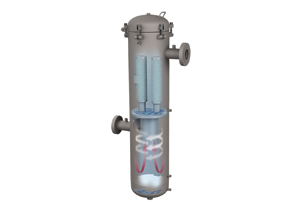
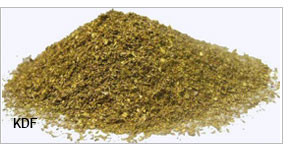
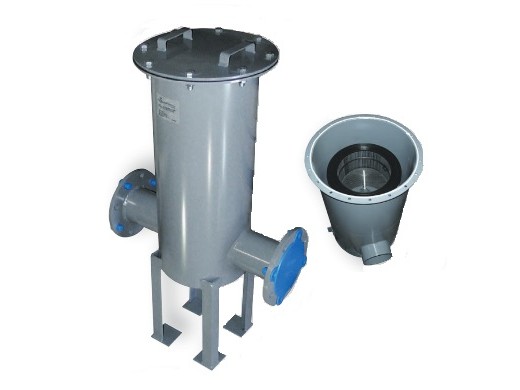
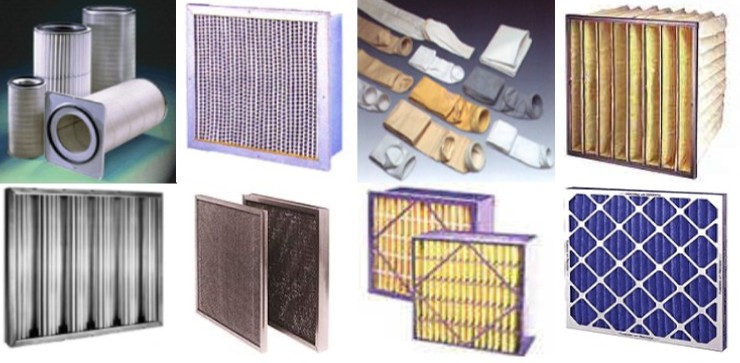


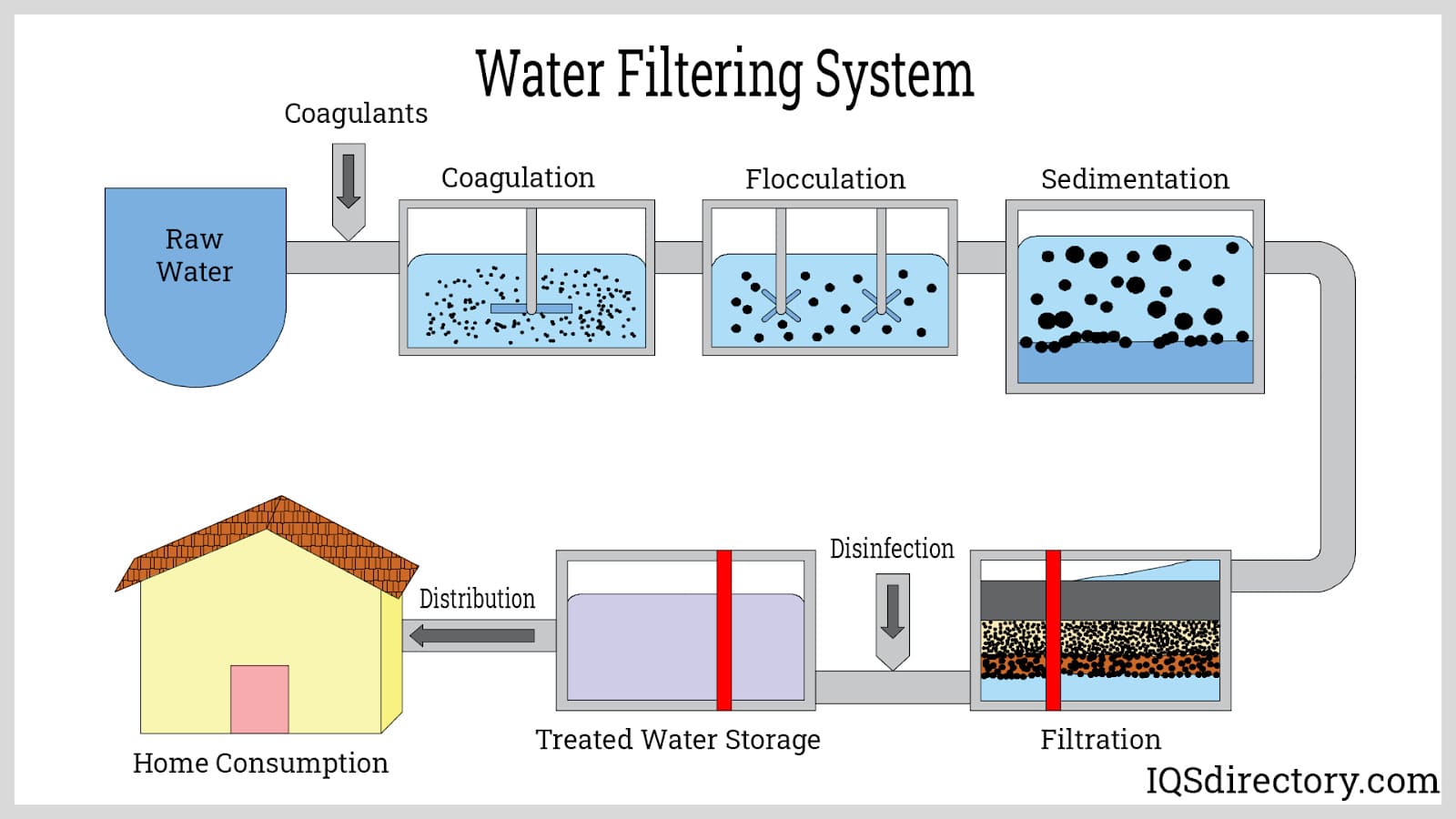
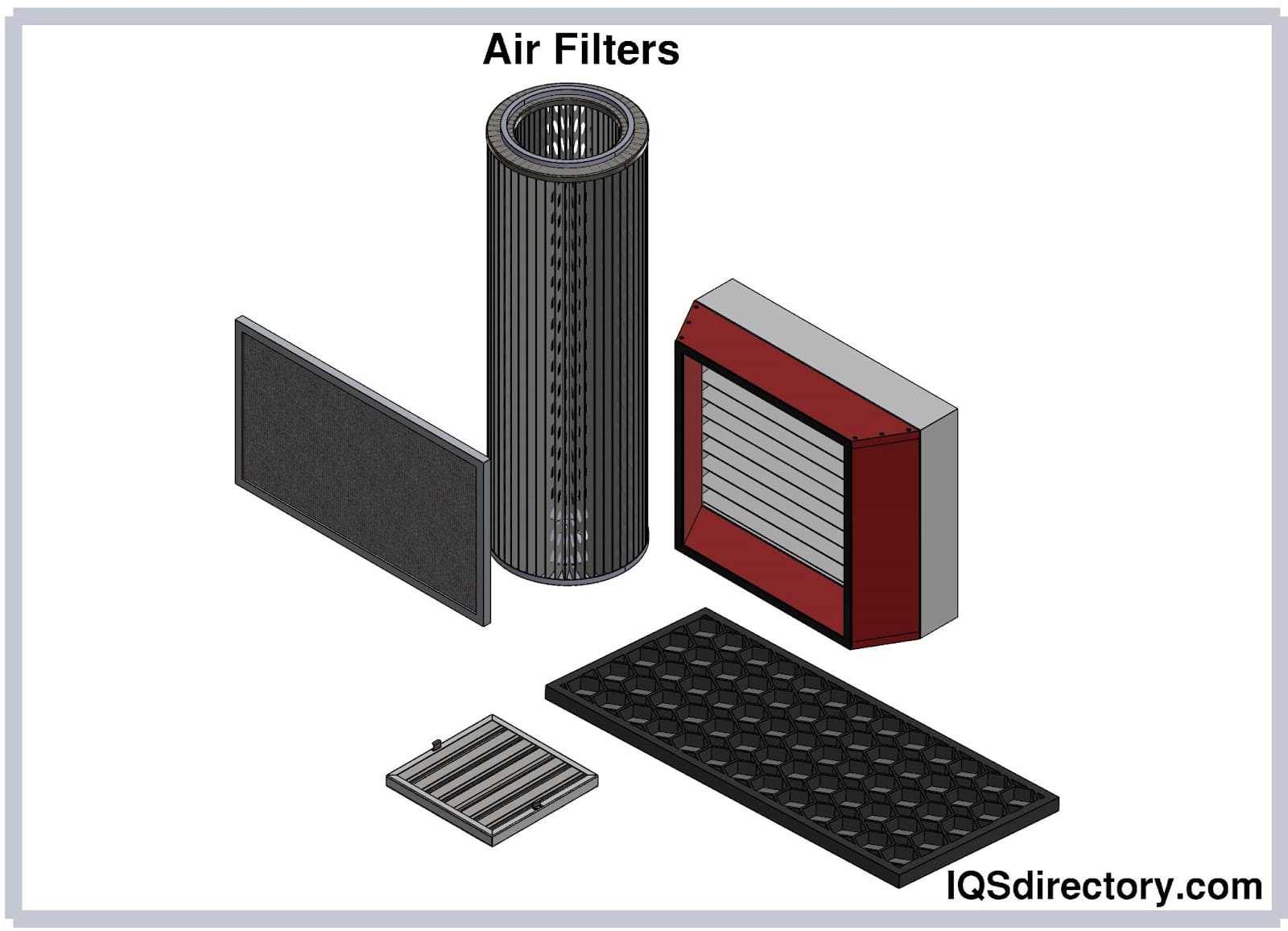
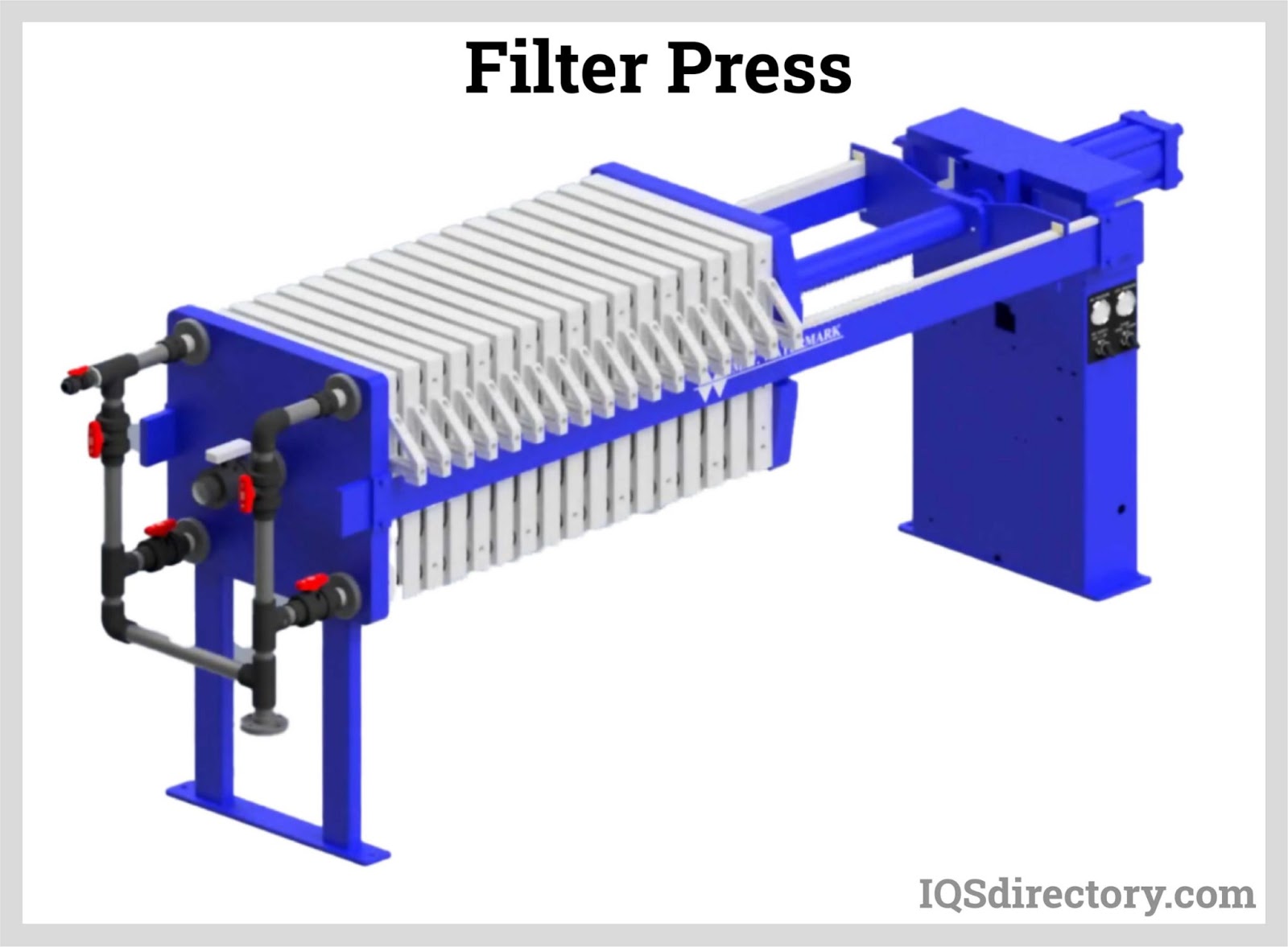
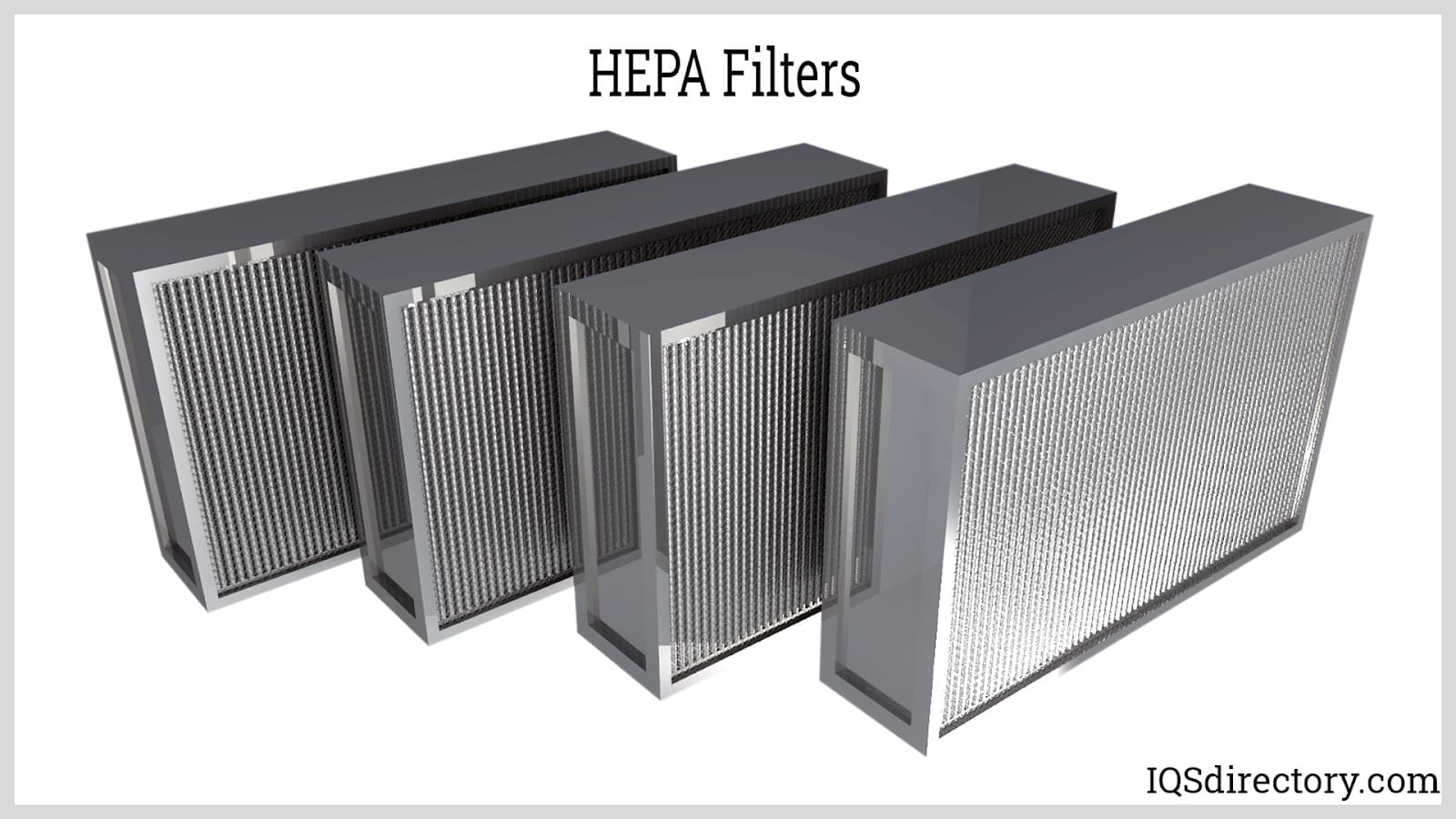
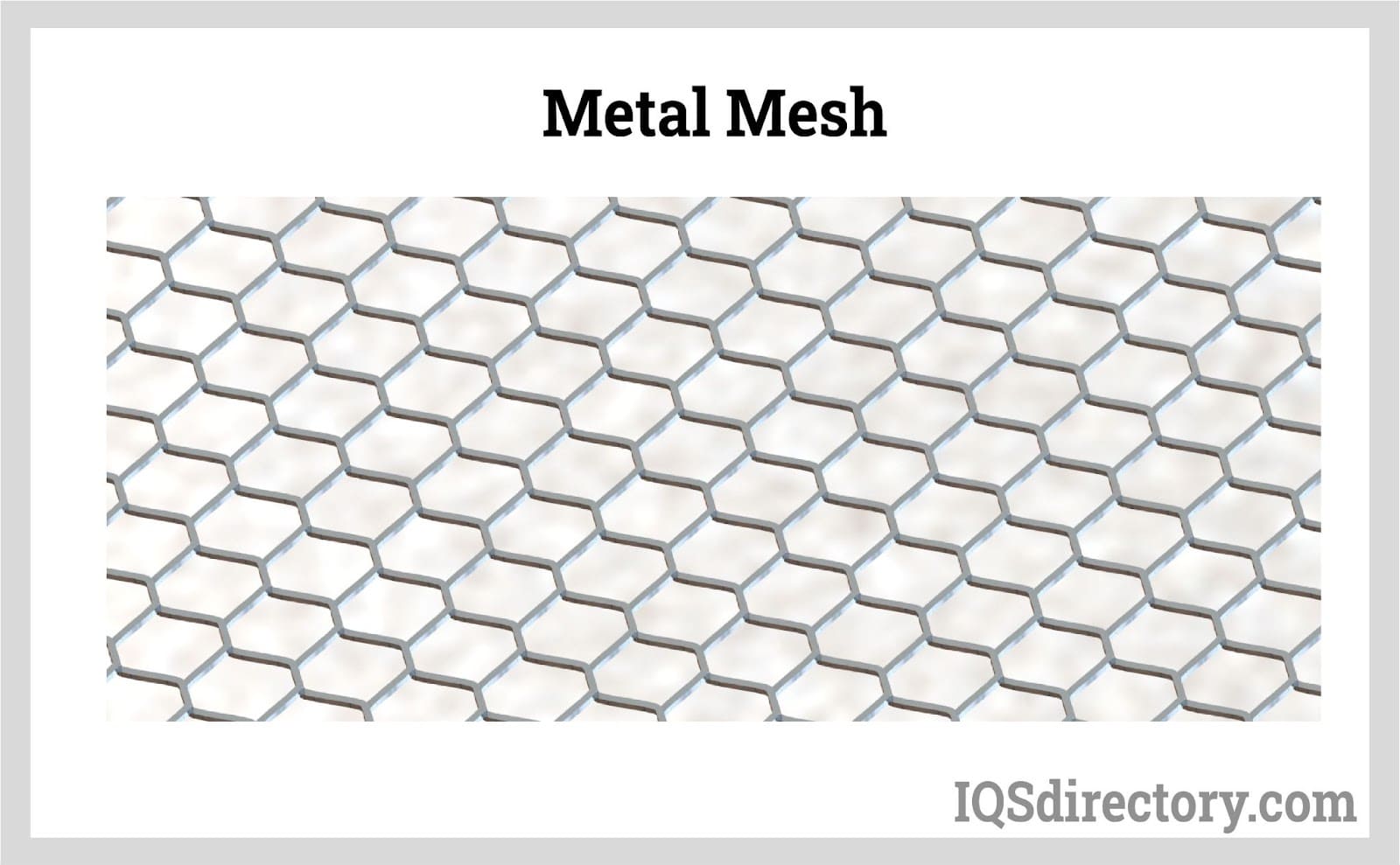
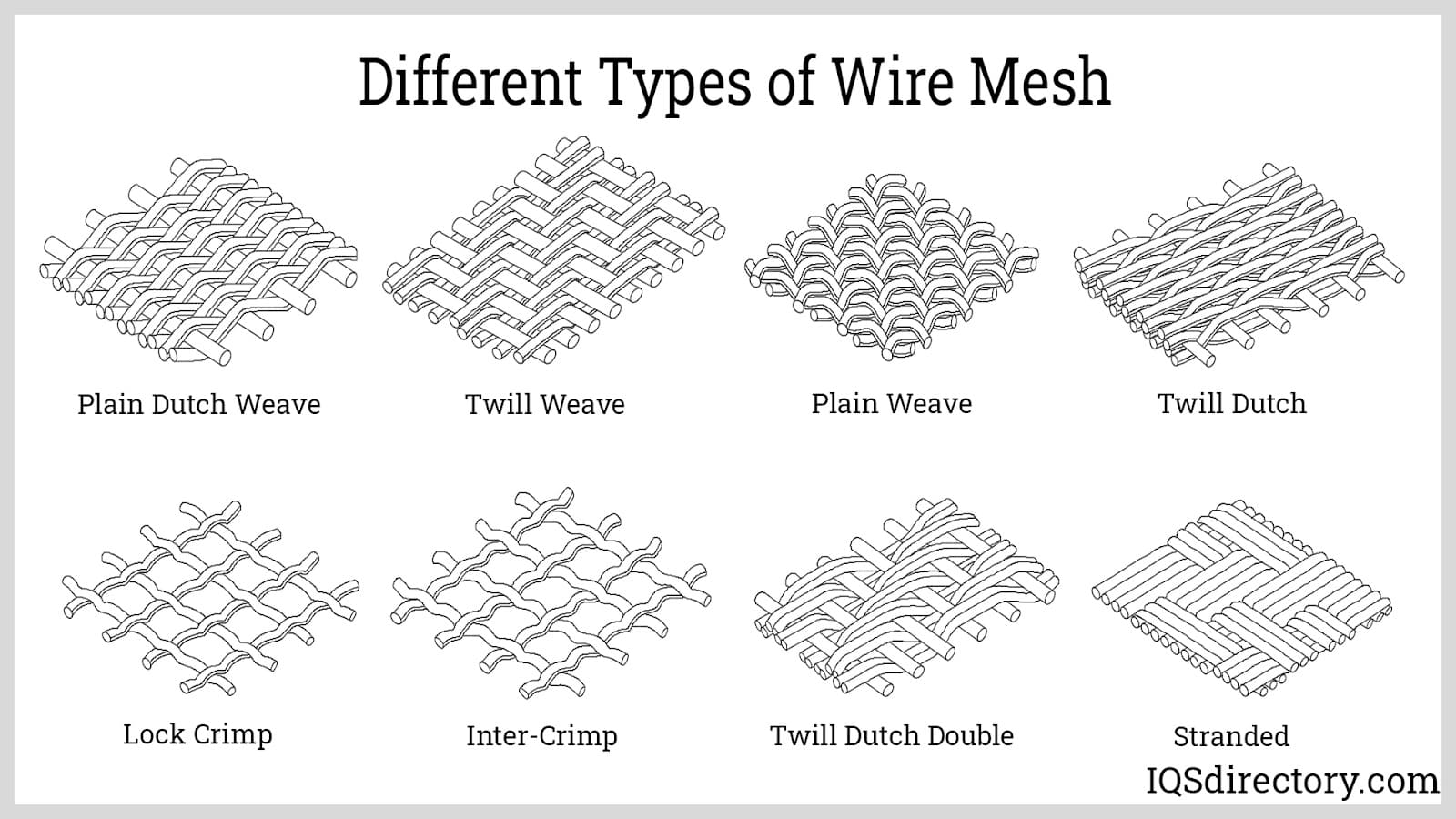
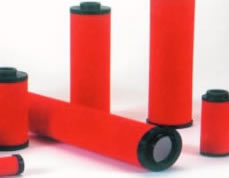 Air Filters
Air Filters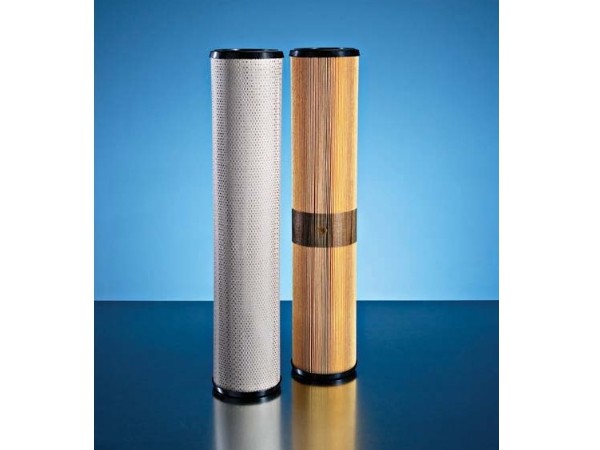 Liquid Filters
Liquid Filters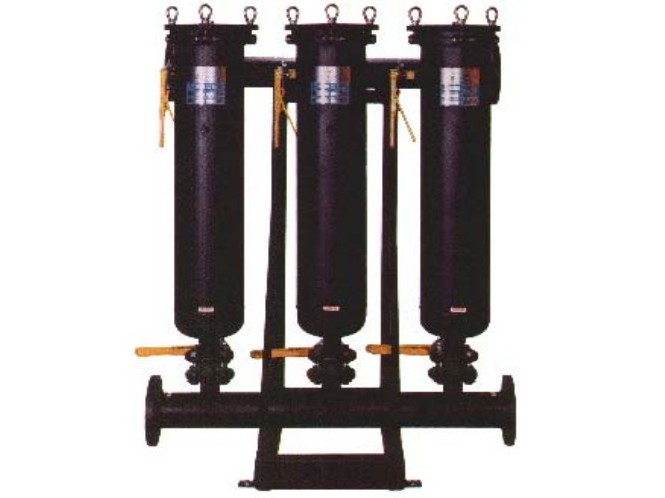 Filtering Systems
Filtering Systems Castings & Forgings
Castings & Forgings Bulk Material Handling
Bulk Material Handling Electrical & Electronic Components
Electrical & Electronic Components Flow Instrumentation
Flow Instrumentation Hardware
Hardware Material Handling Equipment
Material Handling Equipment Metal Cutting Services
Metal Cutting Services Metal Forming Services
Metal Forming Services Metal Suppliers
Metal Suppliers Motion Control Products
Motion Control Products Plant & Facility Equipment
Plant & Facility Equipment Plant & Facility Supplies
Plant & Facility Supplies Plastic Molding Processes
Plastic Molding Processes Pumps & Valves
Pumps & Valves Recycling Equipment
Recycling Equipment Rubber Products & Services
Rubber Products & Services